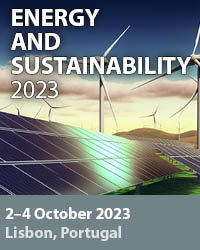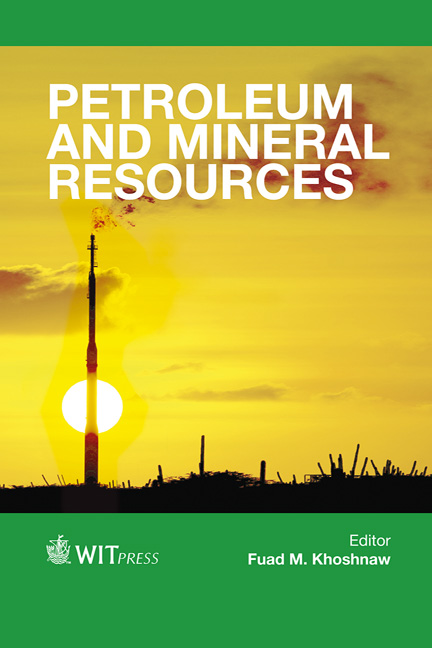Keynote Address: Efficient Use Of Energy
Price
Free (open access)
Transaction
Volume
81
Pages
10
Page Range
15 - 24
Published
2012
Size
544 kb
Paper DOI
10.2495/PMR120021
Copyright
WIT Press
Author(s)
K. Traa
Abstract
All primary energy sources, such as oil, gas, coal, nuclear and hydro need to be converted into end-user energy services known as mechanical work, electricity, heating and cooling. In the process of conversion, only a portion of the primary energy is transformed into the new form, while the rest remains unaltered and is lost. The various forms of energy services produced represent a different value or quality, e.g. heat holds an energy quality ranging from 0 and upwards, depending on the temperature difference which is utilized, as defined by the second law of thermodynamics. Energy efficiency in this context may also be defined as the ratio between energy quality output and input. Practically all fossil fuels are converted to energy services via combustion and heat, i.e. the conversion efficiency is solely determined by temperatures, meaning that high energy efficiency can only be obtained at large temperature differences, such as in power generation, while ordinary domestic heating will yield a very low efficiency. Given that some 30–40% of all fossil fuels today are used for domestic heating, representing an end-user energy quality of (say) 1/10 of what is obtained in modern power generation, there is a tremendous potential globally for energy efficiency improvements, not to mention the associated emissions reductions. The obvious solution is to pay more attention to the second law of thermodynamics, i.e. to shift from direct combustion heating to thermodynamic principles, e.g. by use of electrical driven heat pumps and/or combined heat and power as another alternative. Keywords: energy, exergy, efficiency, thermodynamics, heat, power, electricity.
Keywords
energy, exergy, efficiency, thermodynamics, heat, power, electricity.





